Ternary Polymer Battery Is Not a Power Battery
Ternary Polymer battery is a new type lithium ion battery compared with traditional lithium nickel cobalt manganese oxide (NCM) battery and lithium iron phosphate (LFP) battery, it has higher energy density, longer cycle life and better safety. Although Ternary Polymer batteries perform well in many aspects, they are not suitable for use as power batteries in some aspects. This article will discuss the characteristics, advantages and limitations of Ternary Polymer battery and why it is not suitable as a power battery.
I. Features and advantages of Ternary Polymer batteries
-
high energy density: Ternary Polymer battery adopts nickel cobalt aluminum (NCA) or nickel cobalt cobalt (NCC) cathode material, which has high energy density and can achieve longer endurance mileage.
-
Long cycle life: The Ternary Polymer battery has a long cycle life and can perform a large number of charge and discharge cycles to maintain stable performance.
-
Good security: because Ternary Polymer battery uses stable materials, it has high thermal stability and safety, and is not easy to cause thermal runaway or explosion.
-
Fast charging: Ternary Polymer battery has low internal resistance and supports fast charging, which is suitable for some application scenarios requiring fast charging.
II. Reasons why Ternary Polymer batteries are not suitable as power batteries
-
power density limit: The power density of Ternary Polymer battery is relatively low, which is not suitable for power battery applications requiring high power output, such as acceleration and climbing of electric vehicles.
-
Temperature Sensitive: the performance of Ternary Polymer battery is unstable under extreme temperature, which is easily affected by ambient temperature and is not suitable for use under extreme environmental conditions.
-
High cost
-
Limited range: due to the limitation of power density, the battery range of Ternary Polymer battery is relatively short, which is not suitable for the power battery requirements of long-distance driving and high-speed cruising.
Although Ternary Polymer battery has the advantages of high energy density, long cycle life and good safety, due to power density limitation, temperature sensitivity, high cost and limited endurance mileage, etc, not suitable for use as power battery. When selecting suitable battery technology, it is necessary to evaluate and select according to specific application requirements and performance requirements to ensure the stability and performance of the battery system.
 Dongguan Juneng New Energy Technology Co., Ltd.
Dongguan Juneng New Energy Technology Co., Ltd.
 137 5142 6524(Miss Gao)
137 5142 6524(Miss Gao)
 susiegao@power-ing.com
susiegao@power-ing.com
 Xinghuiyuan High tech Industrial Park, Dalang Town, Dongguan City, Guangdong Province
Xinghuiyuan High tech Industrial Park, Dalang Town, Dongguan City, Guangdong Province


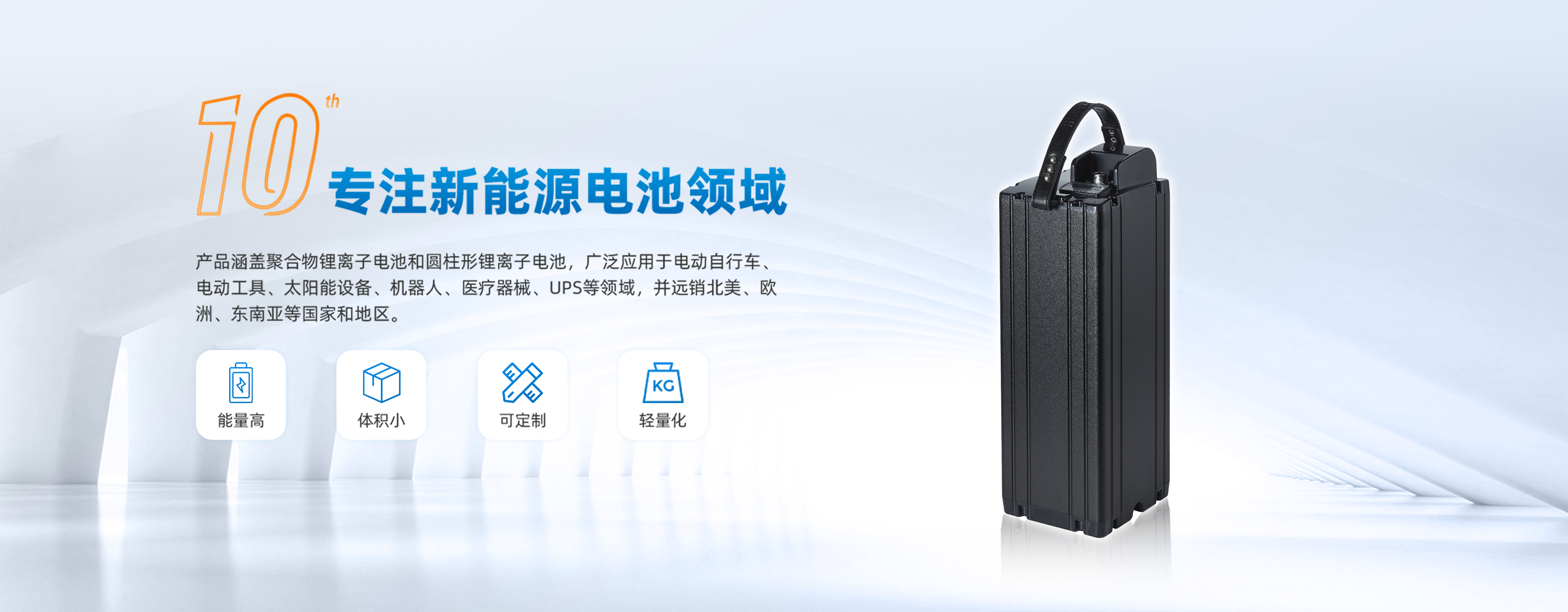
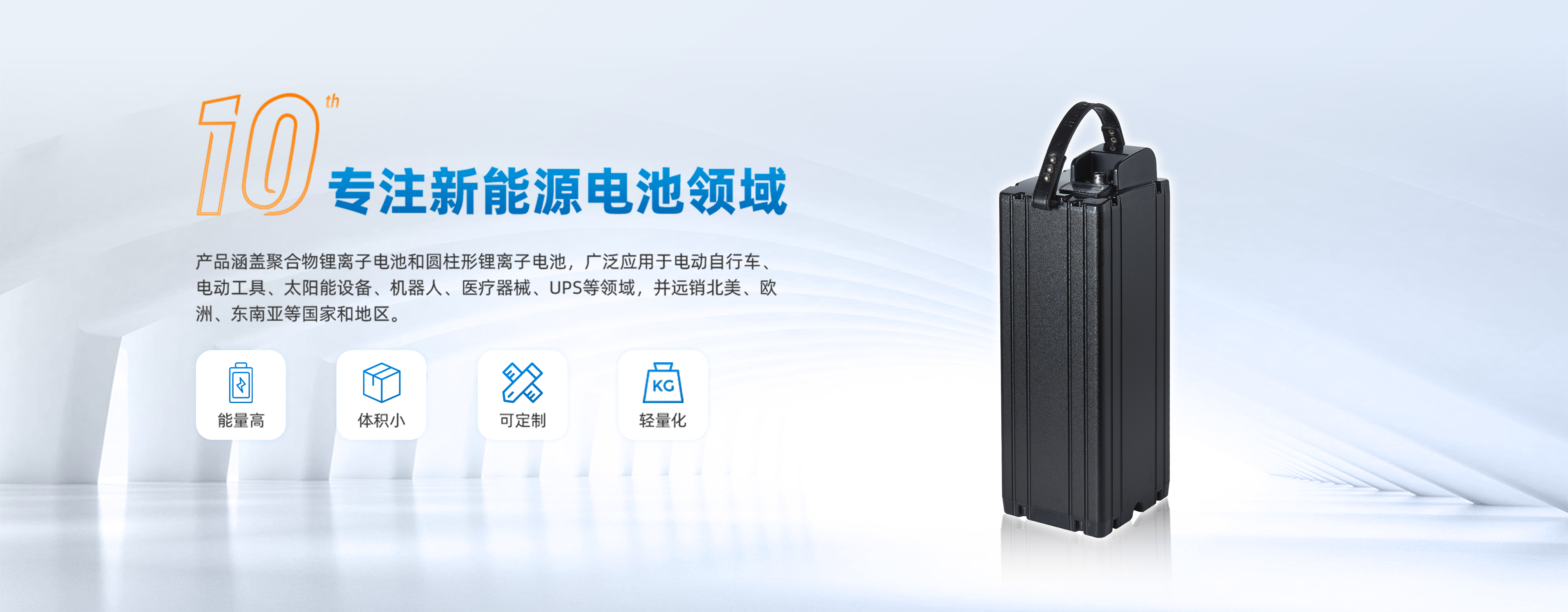
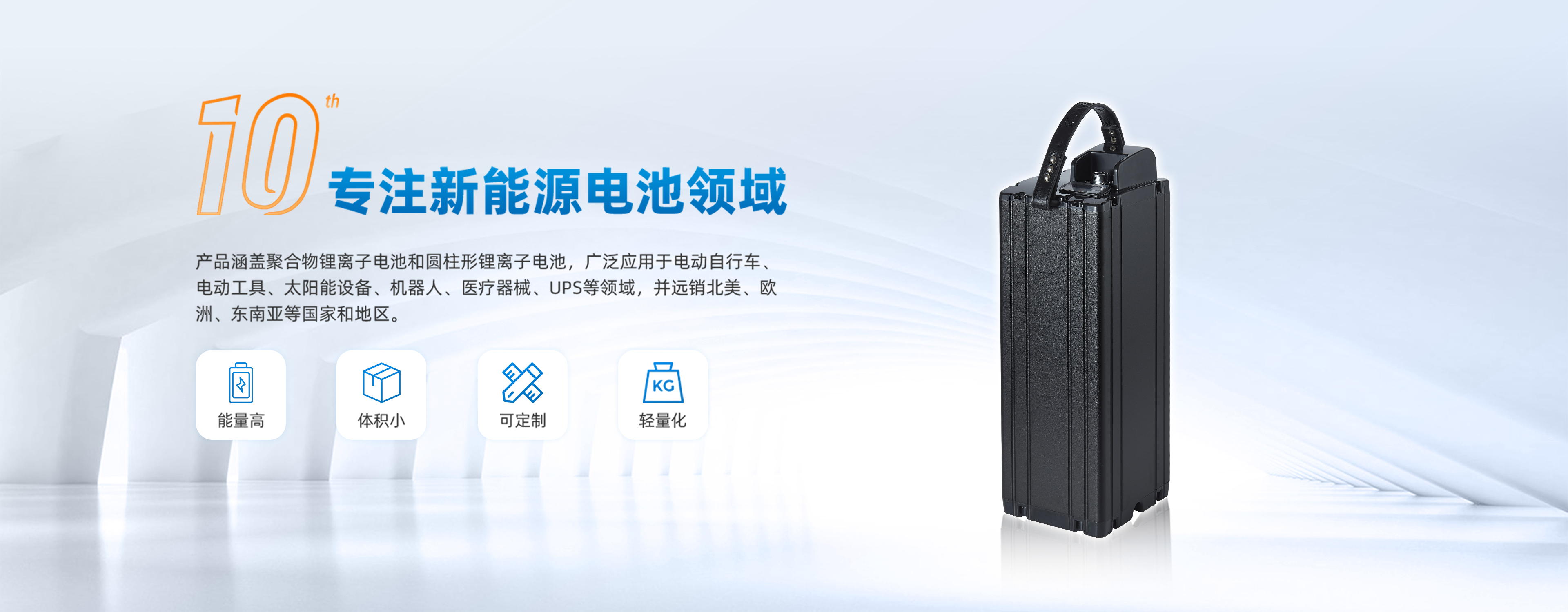



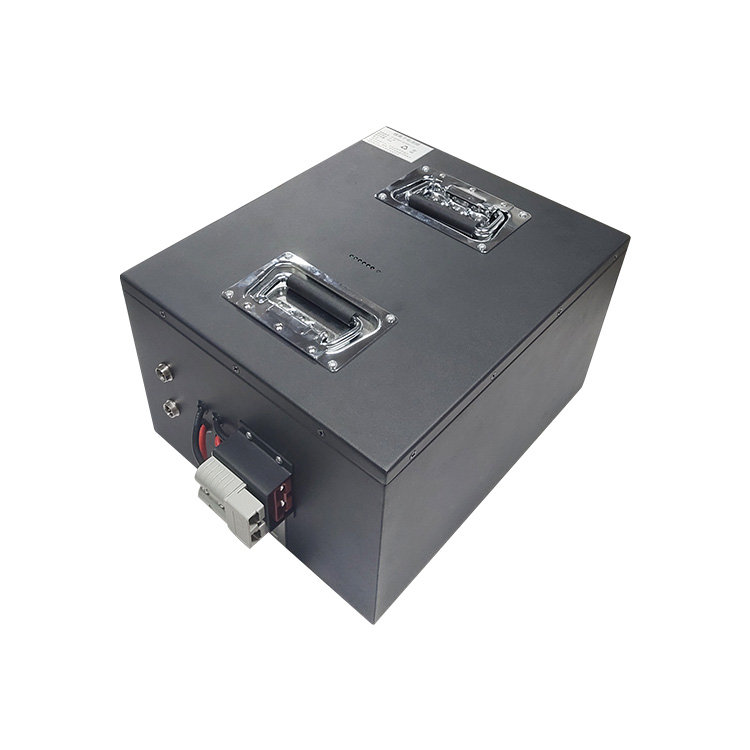


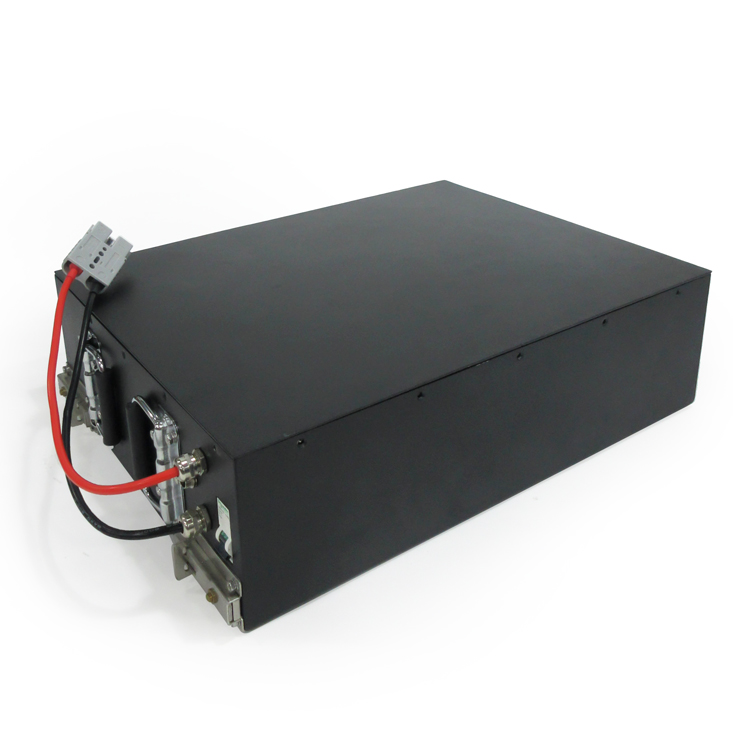

 Yue Gong Wang An Bei No. 4419002007491
Yue Gong Wang An Bei No. 4419002007491